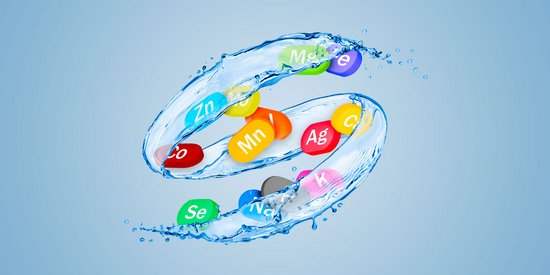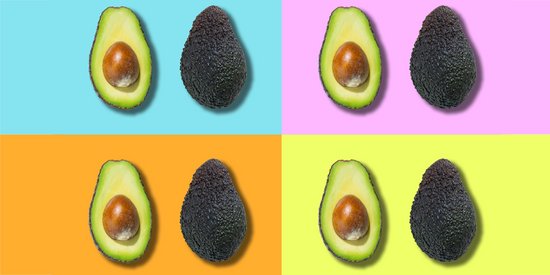With the changing rhythm of the seasons, your immunity is constantly under threat. Vitamin C, vitamin D, magnesium, not to mention natural probiotics; our immune system needs to be strengthened all year round. We are going to discover how to keep your body in good shape and boost its immune defenses, using natural products.
It goes without saying that since the global pandemic, many more of us are asking ourselves how we can give a boost to our immune system, in order to best protect ourselves. Even if there are simple ways to boost your immunity, be that against Coronavirus or the changing seasons, we called on Sophie, our naturopath, who reveals her personal best ways to optimize your immune defenses. According to Sophie, it is best to take a holistic approach, if you want to keep your immune system in top shape. Here are her tips.
Get regular sleep
Sleeping well has been shown to help us fight pathogens for some time now. Even though the WHO recommends 7 to 9 hours of sleep per night, sometimes our internal biological clock, also known as the circadian rhythm, varies from one individual to another and the synchronization can be random. That's why there are early risers and late risers. I recommend sleeping in a room with an ambient temperature of 19°C, drinking more water during the day. Taking a hot bath or shower before bed can make it easier to fall asleep and antagonistically, I strongly advise against caffeine in the late afternoon.
As you will have understood, sleep is of the utmost importance. To have a correct level of lymphocytes (white blood cells), sleeping regularly and sufficiently is a very important protection.
Master your stress
Excessive stress makes our immune cells overactive. Studies have shown that intense stress alters the expression of the genes that are present in white blood cells. Stress considerably weakens the immune defenses. Just like caffeine, alcohol and processed foods, without forgetting sugar, have consequences on our health and these are not negligible, as they favor the increase of daily stress, while having consequences on the body, in the short or longer term. We all know the virtues of physical exercise, which contributes to the improvement of the health of our immune system. Physical activity releases endorphins and thus helps reduce stress.
Ideally, a daily practice of 30 minutes a day on average, contributes to the reduction of stress and allows increases of our white blood cells.
Vitamin C, an effective ally
Present in many fruits and vegetables such as kiwi and orange, ascorbic acid (or vitamin C) stimulates immune system defenses and have numerous therapeutic effects. It seems pointless to supplement all year round to me, but it is nevertheless preventive and daily doses have demonstrated their effectiveness. Personally, I suggest vitamin C cures before or during the winter, in order to guard against winter infections. A powerful antioxidant with anti-inflammatory properties, also known as an anti-allergen, vitamin C is also involved in respiratory infections. Many doctors have strengthened the immune system of patients with Sras-cov2 through ingesting vitamin C. thus showing the improvement in the conditions of patients with Covid-19.
My advice is to eat as many fresh fruits and vegetables as possible, because at room temperature, the vitamin C content of a food can be lost within 24 hours. See our article on seasonal fruits and veg, to get maxi vitamins all year round.
Vitamin D; still being talked about
We have understood that our immunity operates like a balancing system, serving to repel harmful bacteria and viruses. Many people, even today, have low levels of vitamin D. We find it in foods such as eggs, fatty fish and mushrooms.
However, this nutrient can be produced by the body in response to sunlight. Vitamin D has its own anti-inflammatory properties. By increasing our lymphocyte count, vitamin D boosts the immune system, helping to prevent respiratory tract infections.
Probiotics
How do probiotics have the advantage of being friendly bacteria? What are the best probiotics? Present in fermented milk (yogurt, cheese, etc.), probiotics have finally been defined by the WHO as "living micro-organisms which, when ingested in sufficient quantity, exert positive effects on health, beyond the traditional nutritional effects”. See our article: Probiotics: Unravel the true from the false!
As a result, the greater the number of beneficial bacteria, the more favorable the effect on health, thus contributing to the strengthening of the immune system.
I cannot repeat it enough, it is obvious that a balanced diet and a healthy lifestyle contribute to the proper functioning of our immune system. I suggest that you find a health professional near you, who will be able to advise you and thus define a dosage adapted to your situation.








